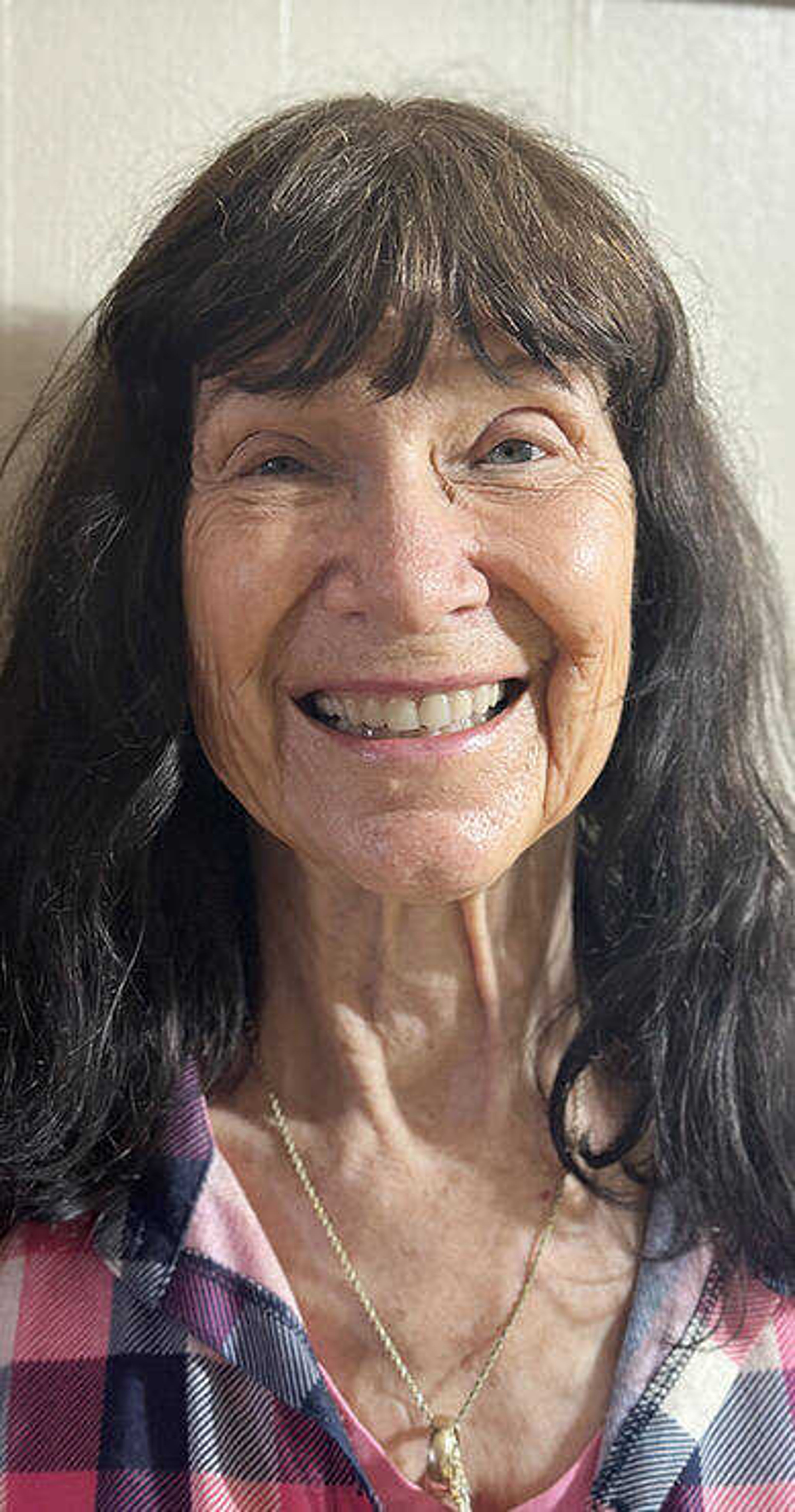Don't despair, God is with you
"You are all you actually have." It seems to be a selfish and uncaring statement, doesn't it? Well, think about it. Keeping that train of thought in mind is freeing. To know that truth allows you to reach true goals and pursue that which has genuine value. You're less likely to get caught up in materialism and people pleasing...
"You are all you actually have." It seems to be a selfish and uncaring statement, doesn't it? Well, think about it. Keeping that train of thought in mind is freeing. To know that truth allows you to reach true goals and pursue that which has genuine value. You're less likely to get caught up in materialism and people pleasing.
Some of the countries in the world dare not place their happiness and since of worth on what they own. Countries such as Africa and India, to name a few locations, inherit storms called monsoons which often wash away most possessions the natives own. They learn they can't place undue emphasis on what is theirs because it will eventually be drenched and swept off. So when the monsoons come, many inhabitants load everything they can on a boat and let whatever happens occur. Some don't lose little sleep over their losses. They merely ride it out and wait for the water to subside. Then they resume a degree of normality and try again to pick up the pieces and clean up the damage. Then they wait until that storm of nature again arrives. They seem to focus on their blessings -- that people and their loved-ones are still alive and well. They can still derive happiness from life. These individuals and families have learned the art of acceptance and learned what genuinely matters in life.
After researching the phenomenon of the dreaded monsoons that can kill thousands, I began to contemplate the situation. I wondered how I would survive if I was subjected to the same conditions. The people living in the flooding areas seem to realize they are all they have. Their possessions, out of necessity, mean little. They have to build their hopes strictly on themselves because that's often all they have. I suspect, however, they also have a God lurking within on whom they depend.
To know there are individuals who must endure such an existence is certainly an eye-opener. We could learn much from those survivors. When residents are questioned on how they keep going, some smile and say they don't mind. They are used to it. Could you become accustomed to losing what you've diligently worked for, regularly?
The season of Easter, especially, brings these types of events to mind. When Jesus died on the cross, he was stripped of everything one thinks he can't live without: clothes, dignity and control. He was horribly humiliated even to being mocked with a crown of thorns. Then Jesus was buried in a tomb of which he claimed no ownership.
He ended up with no one or anything except Himself. Regardless of friends and loved ones, He faced death alone. Nothing or no one could have substituted for Him. Like us, He was born alone and He died alone.
However, God was waiting on the other side to embrace Him. That, too, will eventually be our destiny. Although God is known through our faith, that faith leads us to know that God, Jesus and the Holy Spirit are real. Genuine people saw Him and witnessed His, once again, humanity.
Saying you are all you have can be a statement of faith, if you include God in the scenario. Everything in the world can be taken away, including your life, but the real you -- your spirit and soul -- will live forever. Isn't that a joyful thought? So if you, too, lost it all materially and socially, hopefully you would fail to despair. Instead, you would be happy and thankful that you were still unscathed. All can be replaced except your presence. So like the natives in the monsoon riddled countries, when all seems lost remember you still have your body, and more importantly, your soul that lives within God. Maybe you, too, can say, "It doesn't matter."
Ellen Shuck holds degrees in psychology, religious education and spiritual direction and provides spiritual direction to people at her office.
Connect with the Southeast Missourian Newsroom:
For corrections to this story or other insights for the editor, click here. To submit a letter to the editor, click here. To learn about the Southeast Missourian’s AI Policy, click here.









